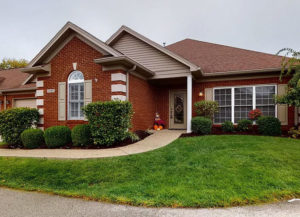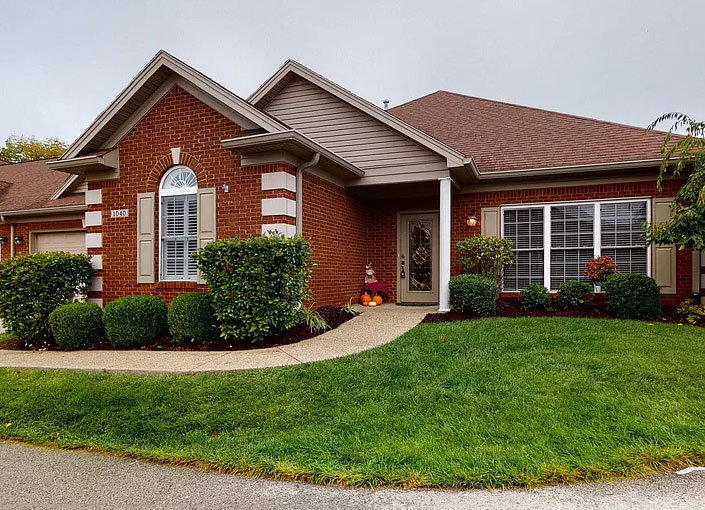
In 1961, Nelson Haynes, a banker from Deering Savings and Loan, wanted to save the widow of his high school football coach from further heartache. The widow lost her husband, but she doesn’t have to lose the house too. People believed that his efforts led to the first reverse mortgage.
Mortgages and reverse mortgages have evolved since their inception nearly six decades ago. Both financial products expanded in late 1980 when Congress approved a federally-insured product. Listening to Nelson Haynes’ story might teach you, the reader, more about loans.
What is a Reverse Mortgage?
You might wonder what the differences between a reverse mortgage and other mortgages are. The former is for homeowners who are 62 and older. It allows them against the equity of their homes. Another distinct feature of a reverse mortgage is that the borrower receives funds instead of monthly payments. It causes the loan balance to increase instead of decrease. Some people would also utilize this loan to purchase a home. They do not need to pay anything as long as they live in the house.
Find Out If A Reverse Mortgage Is Right For You
Get personalized advice from a Reverse Mortgage Expert
FREE Reverse Mortgage EvaluationThe Federal Housing Authority (FHA) officially calls reverse mortgages a Home Equity Conversion Mortgage loan (HECM). This name makes it easier for consumers to understand the purpose of this financial product.
More people are starting to appreciate and utilize HECM since its inception in 1987. In 1999, lenders granted 8,000 loans in total. Ten years later, it went up to 115,000. But there was a slight decline in the 2010s during the housing crisis.
Who is Eligible for a Reverse Mortgage?
We mentioned earlier that this type of mortgage is for 62 years old and older. Other requirements set by the United States Department of Housing and Urban Development (HUD) are:
- The youngest borrower must be at least 62 years old.
- The borrower must own the property outright or pay a considerable amount of the mortgage.
- The borrower must occupy the property as the principal residence.
- The borrower must not be delinquent on any federal debt.
- The borrower must have the financial resources to continue making timely payments of continuous property charges, such as property taxes, insurance, or homeowner association fees.
- Lastly, the borrower must participate in a consumer information session with a HUD-approved HECM counselor.
Aside from these, the borrower must meet the housing requirements. Generally, single-family homeowners are the ones eligible for reverse mortgages. But here are other types of homes acceptable for this type of loan:
- Single-family house
- Two-to-four-unit home with one unit occupied by the borrower
- HUD-approved condominium approved project
- FHA-approved manufactured home
Your Reverse Mortgage Experts in Florida, Kentucky and Beyond!
With the lending limit on the rise, the proceeds of a mortgage may not be enough to cover the purchase price of your new home. But don’t fret! You can try a reverse mortgage. Unlike typical loans, you would not be burdened by monthly financial payments. Use this guide to see if a reverse mortgage is for you.
If you are looking for a reputable mortgage broker in Louisville, KY, you do not have to look far. At American Mortgage Solutions, we are ready to assist you in the loan process and have licenses to operate in Kentucky, Florida, Tennessee, Indiana, and Colorado. Please give us a call today at (502) 327-9770 to schedule your consultation in Kentucky, or at (239) 766-8344 to schedule your consultation in Florida.
Find Out If A Reverse Mortgage Is Right For You
Get personalized advice from a Reverse Mortgage Expert
FREE Reverse Mortgage Evaluation


